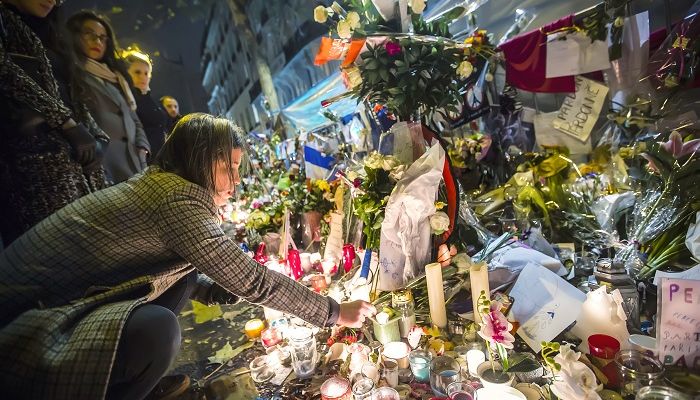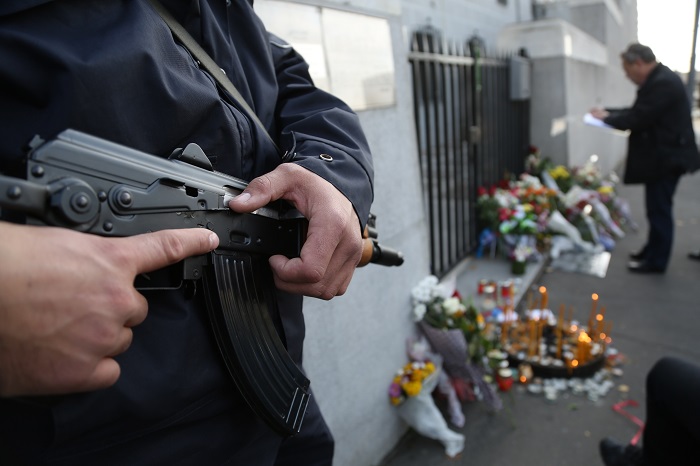Can we trust social media in times of crisis?
As the terrible events in Brussels hit our screens on Tuesday morning, much of the world’s media turned to social media for eye-witness coverage. Flicking between breakfast news programmes, ITV and Sky both featured heavy rotation of images and videos from citizen journalists. The online editions of the national press also quickly sourced and published images (some with graphic and upsetting content – which were only later removed or pixelated) from the social web. In this frenzy to be the first to break any news on the terrorist attacks, there was one notable exception.
As the story unfolded, the BBC chose not to share “upsetting” images or quote unverified news sources, preferring to wait until their own reporters arrived on the scene and could verify the facts.
The reason for this is perhaps best explained by reviewing the organisation’s Social Media Guidance for Staff document in which it states, “As for our TV, radio and digital output, accuracy trumps speed every time when it comes to breaking news on social media, no matter the temptation to be first.”
The fact that Brussels was already awash with journalists covering the arrest of Saleh Abdeslam, alongside the regular, embedded press pack following events in the European Parliament, meant that getting trusted people on the scene quickly was not too difficult. It could therefore be argued such heavy use of social media by other sources was simply lazy journalism.
The BBC’s slow and steady approach to quality journalism was vindicated later in the day when several news sources shared YouTube footage, allegedly taken from CCTV cameras at Brussels Airport and on the Metro, that were actually filmed in Moscow and Minsk in 2011.
This follows a similar pattern of coverage from last November’s attacks in Paris, when footage of the Charlie Hebdo shootings (the previous January) and footage from an Eagles of Death Metal concert in Dublin was misreported as on-the-scene coverage.
Some media pundits suggest that the pressure of a highly competitive, 24/7 news market and the ease with which online news sources can edit or completely remove false stories enables journalists and editors to take risks with socially sourced content. But how much can they get away with before reputations are well and truly damaged.
When it comes to breaking news, particularly when covering such tragic events, the facts should always come first. Not everything on social media is what it seems and without verification should never be reported as fact.




Leave a Comment